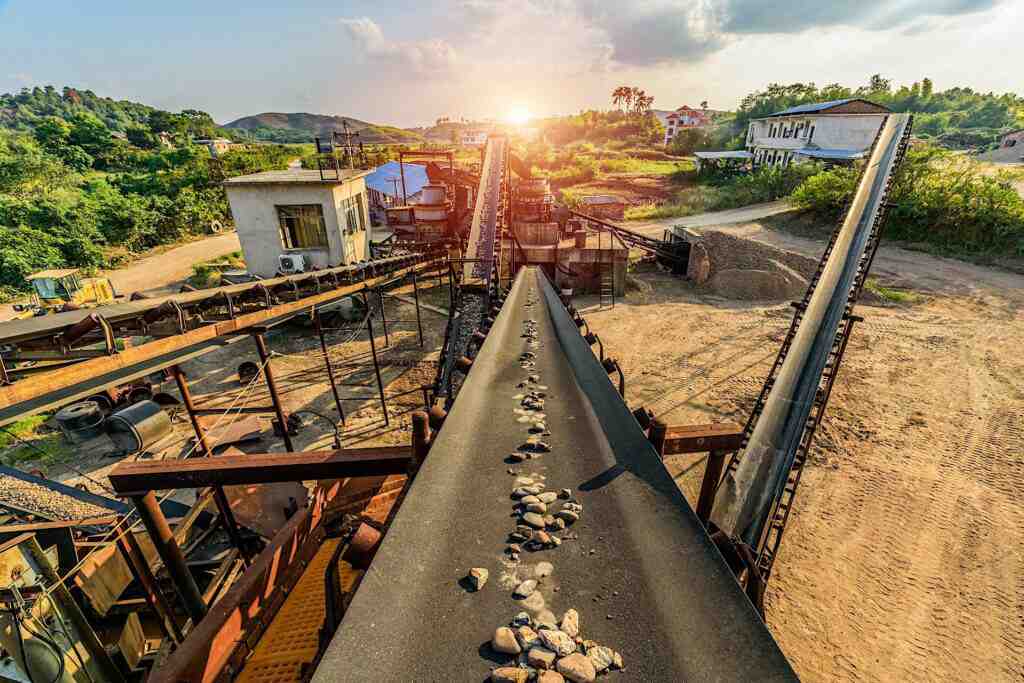
 E-scrap is a source of many of the materials needed for our drive
to decarbonisation but its recycling is a major environmental headache. Companies like Umicore, Teck, Boliden and Mitsui are
major processors of e-scrap but their capacity is insufficient. A "mountain" of material has grown up, with material then finding
its way into countries where its disposal is environmentally disastrous. This latest acquisition is therefore not only very much
in line with Korea Zinc’s green agenda, their Troika Drive, but further improves our ability to tackle the e-scrap mountain.
E-scrap is a source of many of the materials needed for our drive
to decarbonisation but its recycling is a major environmental headache. Companies like Umicore, Teck, Boliden and Mitsui are
major processors of e-scrap but their capacity is insufficient. A "mountain" of material has grown up, with material then finding
its way into countries where its disposal is environmentally disastrous. This latest acquisition is therefore not only very much
in line with Korea Zinc’s green agenda, their Troika Drive, but further improves our ability to tackle the e-scrap mountain.
Korea Zinc are already leaders in developing green smelting with an on-site build of a solar farm
and buy-ins to renewable power projects in the area of their Townsville zinc smelter. Thus, intending to supply up to 90% of the
smelters power from renewable sources in a region where grid power is typically coal and gas. They also have big plans when to comes
to green hydrogen. Their first foray will see green hydrogen powered trucks; with the ultimate aim to supply green hydrogen back to their
Korean based smelters.
This purchase of Igneo moves Korea Zinc further into the copper
green space. Korea Zinc already operates the KZAM copper foil plant within its Onsan metallurgical plant. An operation that takes copper
as a by-product from the on site zinc smelter as well as purchased secondary copper feed.
Igneo, who specialise in processing low grade e-scrap, will include both recycling and smelting operations. The first Igneo recycling plant is in Atlanta, Georgia and is one of 4 being aimed to supply recycled copper feedstock to the new Igneo secondary smelter in Savannah, Georgia. It is reported that the smelter will use a pyrolysis process, as used by Igneo at its other smelter in France, to produce a copper concentrate, including other precious metals from the scrap.
[^1]: E-Scrap News: Acquisition deepens Korea Zinc’s presence in US
MORE FROM SKARN

About Us
Skarn Associates is the market leader in quantifying and benchmarking asset-level greenhouse gas emissions, energy intensity, and water use across the mining sector.
